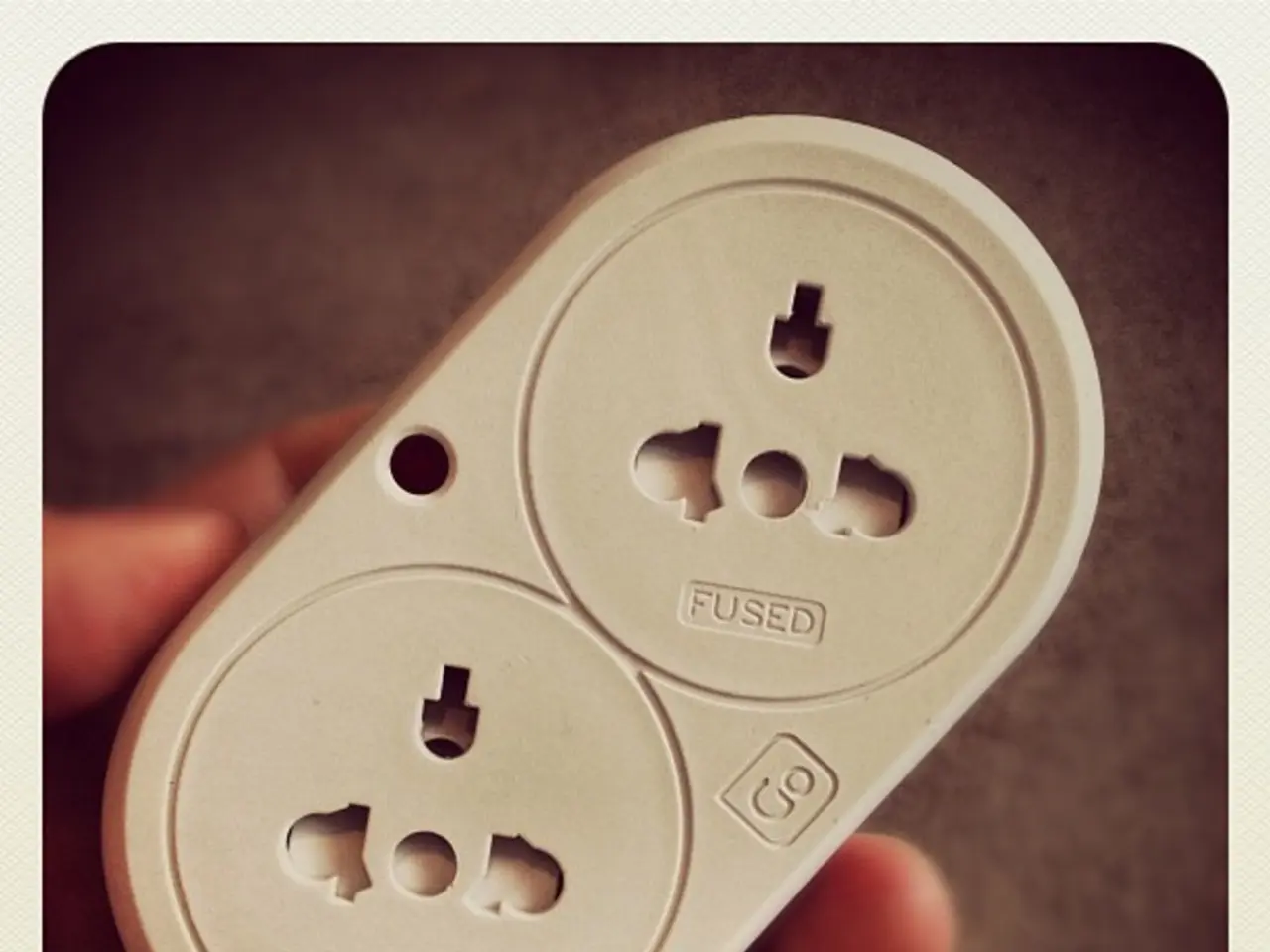Awarded £1.26M to progress research into a novel approach for treating brain cancer: QV Bioelectronics
The University of Edinburgh and NHS Lothian have contributed to the development of GRACE, a groundbreaking Electric Field Therapy (EFT) device designed by QV Bioelectronics to treat brain tumors. This innovative implant, known as the GRACE implant, uses localized electric fields to disrupt cancer cell division, potentially offering a more effective treatment option than existing external devices like Optune (by Novocure).
Currently, the GRACE implant is in the clinical evaluation phase, with initial trials focusing on assessing safety, feasibility, and early indications of efficacy in patients with recurrent or newly diagnosed glioblastoma. QV Bioelectronics is working towards regulatory approvals, including FDA Investigational Device Exemption (IDE) for trials in the U.S. and equivalent clearances in other regions.
If the initial safety and feasibility studies yield positive results, QV Bioelectronics plans to initiate larger, multicenter, randomized controlled trials. These trials will compare the GRACE implant’s efficacy head-to-head with standard-of-care treatments and existing electric field therapy methods.
Future iterations of the GRACE implant aim to improve battery life, field strength, and customization of electric field parameters based on tumor location and patient anatomy. Research is ongoing to optimize field configurations for maximal tumor cell disruption with minimal side effects.
Beyond glioblastoma, QV Bioelectronics is exploring the potential of electric field therapy for other brain tumors and possibly other cancer types accessible to localized electric field treatment. To accelerate development and clinical adoption, QV Bioelectronics may seek strategic partnerships with larger medical device companies and oncology centers. Ongoing funding rounds and grants are likely to support expanded research and commercialization efforts.
The GRACE implant holds immense potential for significantly improving patient outcomes and quality of life by targeting tumor cells while sparing healthy tissue. However, broad commercial availability will depend on positive trial results and regulatory approvals.
For more detailed updates, monitoring clinical trial registries and QV Bioelectronics press releases would be the most direct sources. QV Bioelectronics has reported 'encouraging' preclinical safety and efficacy data, and recent preclinical studies have demonstrated strong efficacy with their technology. QV Bioelectronics holds multiple granted patents and has secured over 6 million GBP in grant funding and equity investment.
Science and medical-conditions intertwine in the development of the GRACE implant, a cutting-edge Electric Field Therapy (EFT) device designed by QV Bioelectronics to treat brain tumors, specifically cancer such as glioblastoma. Health-and-wellness improvements might be possible through this therapeutic approach, as QV Bioelectronics continually research ways to optimize electric field therapy for other brain tumors and potentially other cancer types, with the ultimate goal of improving patient outcomes and quality of life.




